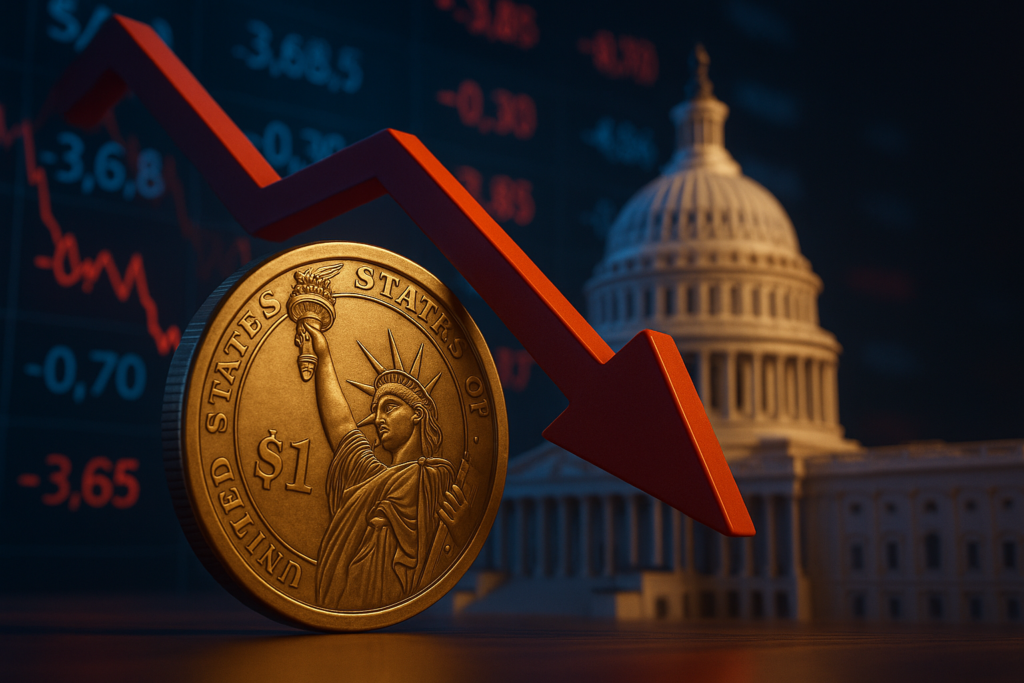Europe’s largest asset manager, Amundi, has raised concerns over the potential unintended consequences of the U.S. GENIUS Act, cautioning that it could destabilize global payment systems and weaken long-term confidence in the U.S. dollar.
Stablecoin Boom May Undercut Dollar Strength
The GENIUS Act, passed by the U.S. Senate in mid-June 2025, seeks to regulate dollar-backed stablecoins, requiring that they be fully collateralized by assets of equal or greater value. While the intention is to strengthen the dollar’s global role, Amundi’s CIO, Vincent Mortier, warns it could do the opposite.
“It could be genius, or it could be evil,” Mortier noted, emphasizing that promoting private stablecoins might inadvertently create an alternative to the U.S. dollar, undermining its status in global trade and finance.
He added that requiring full collateralization—such as U.S. Treasury bonds—may signal to markets that the dollar’s backing is fragile, thereby weakening trust rather than reinforcing it.
Stablecoin Issuers May Become ‘Quasi-Banks’
Another concern raised by Amundi is the emergence of private companies acting as de facto banks. By issuing fully backed stablecoins, tech giants and fintechs could gain significant influence over global money flows, without being subject to traditional banking regulations.
“This could potentially destabilize the global payments system,” Mortier warned, citing the risk of systemic imbalances.
Companies such as Apple, Google, and Elon Musk’s X have reportedly expressed interest in issuing their own stablecoins if the GENIUS Act is passed into law.
GENIUS Act and the Rise of Real-World Assets (RWAs)
The GENIUS Act has implications far beyond stablecoins. Analysts see it as a catalyst for the broader tokenization of real-world assets (RWAs), which include digital representations of bonds, real estate, and other tangible assets.
According to industry leaders, the act de-risks digital dollar use in tokenized ecosystems, opening doors for compliant, onchain settlement in sectors like trade finance, property, and Islamic finance.
The stablecoin market has more than doubled since early 2023, now exceeding $254 billion, with 98% pegged to the U.S. dollar. Analysts from major financial institutions expect this figure to double again in the coming years, possibly reaching $3.7 trillion by 2030.
A Double-Edged Sword
While the GENIUS Act is intended to strengthen the role of the dollar through regulatory clarity, Amundi warns it may unintentionally weaken the currency’s dominance by accelerating the rise of digital alternatives. The long-term impact on global finance remains uncertain, but the debate underscores the growing importance of stablecoins and tokenization in reshaping monetary systems.
Disclaimer
This content is for informational purposes only and does not constitute financial, investment, or legal advice. Cryptocurrency trading involves risk and may result in financial loss.

